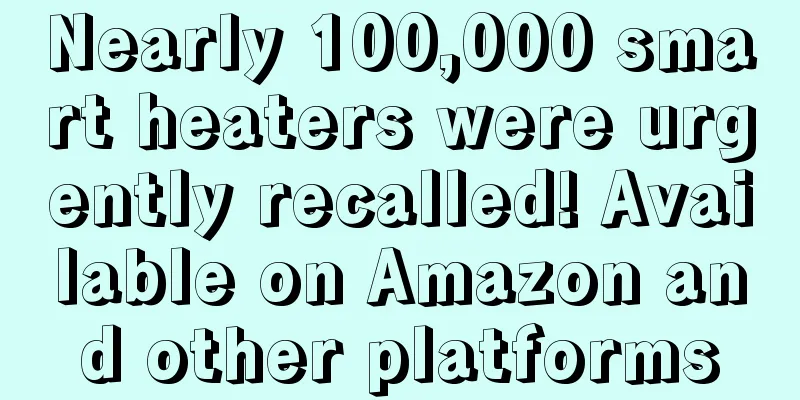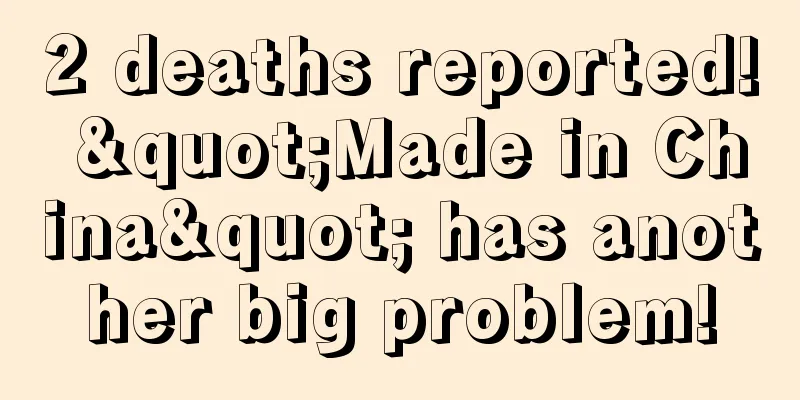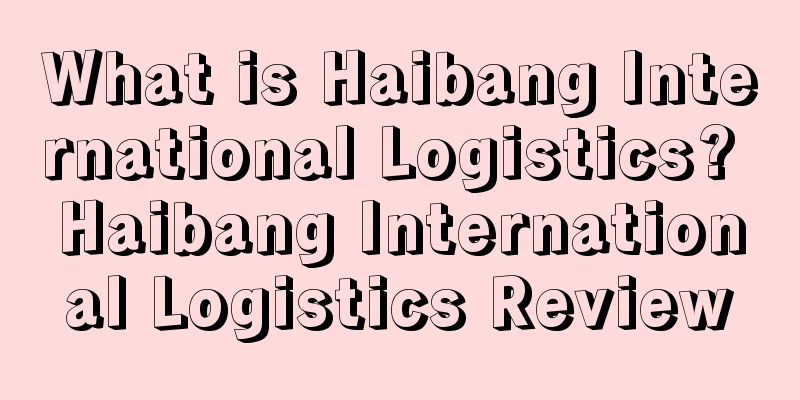How valuable is "product selection"? How long can Amazon survive by relying on "product selection"?

|
However, gradually everyone has learned how to "select products". Often, a product you have just "selected" is also selected by n peers, and then everyone rushes to buy it, and after a long time of selection, vicious competition occurs again. So how valuable is "product selection"? When others can only distribute goods, product selection is indeed better, but this is not a technical thing after all, just like "operation", it seems very impressive at the beginning, but later it becomes a basic operation. You have it, I have it, and everyone has it. So I wonder, will sellers who rely on "product selection" to find goods on Amazon be eliminated in the future? Then everyone will have to rely on technology (R&D) and funds to succeed? PS: In China, on a platform as mature as Taobao, is it still possible to survive by simply selecting products like on Amazon? A: It can be maintained for a long time. You said, "When others can only distribute goods, it is indeed better to be able to select products, but this is not a technical thing after all, just like "operation". It seems very powerful at the beginning, but later it becomes basic operation. You have it, I have it, and everyone has it." It just seems to be the case. The aunties selling pancakes at the roadside snack stalls are all basic operations, but some people bake them better than others. Operation and product selection are the same principle. The routines are the same and everyone understands them, but everyone's execution, endurance, and vision are different, and the degree of sophistication and intensity of doing things are even more different. What is the result? Most people will think that a certain category is already a very red ocean and there is no opportunity to cut in, but a small number of people can find business opportunities and entry points in the red ocean. I don't know what the questioner means by basic operation. There is really nothing high-end about operation and product selection, but in terms of the detail and breadth of doing things, the results of different people vary greatly. Mediocre operation, mediocre development, lack of independent thinking, lack of innovation, lack of deep cultivation, these people will definitely be eliminated. However, some sellers who rely solely on "product selection" to find goods for Amazon will still survive well, because the market continues to change, supply and demand continue to change, and opportunities belong to those who embrace change. The product selection model under this mode usually selects categories through a coarse-dimensional framework based on basic conditions such as market sales, search capacity, category growth, and category threshold. Then, within this category, product forms and price ranges are quickly selected through the method of small-scale precision shopping. All subsequent work is attributed to operations. If there is no profit within one to two months, the product will be withdrawn immediately, and it is a quick in and out. The advantages are fast, more detailed than stock distribution, small capital investment, short testing cycle, suitable for small and medium-sized sellers to enter the market This type of product selection company is usually based on the fact that the company has one or two relatively good operations and OK order placement resources. Simply put, they are confident in their operational capabilities, and as long as the product selection model works, they can do it. However, in the middle and late stages of a company's development, this approach may not be enough. In terms of the depth and breadth of product selection, it requires the product industry, the direction of leading brands, the thickness of the supply chain, combined with more extensive market testing, pre-testing, etc. to help the company position a product and a product line. Time and space are the top priorities, so I will only give a rough outline and not go into more details. The information is definitely one-sided, so please don't mind. C: After all, cross-border companies are still trading companies (shell companies). How to ensure that their products are not copied and not troubled by low prices should be the ultimate goal of product selection. The products on 1688 are street goods. If you can buy them, others can buy them too. Even if you purchase in large quantities at a lower price than others. But other companies are small and have lower overall costs than you, so their sales prices can still be lower than yours. If you cannot customize or integrate the supply chain, you will never be able to take the lead in this product. Companies that do Amazon often only know that development and operations are critical, but no matter how good your development and operations are, if your logistics are not strong, you will not be able to grow bigger and stronger. Your weakest point will always determine your upper limit! Most of the domestic barley and wheat farmers are just sellers, moving the goods from here to there and selling them, that’s all. A market is formed when there is user demand. What do you choose when selecting products? How do you choose them? Aren’t 85% of sellers today choosing products that sell well in the market? But have you ever carefully analyzed the real reasons behind it? Why is this product selling so well? What problems does it solve for users? How is it different from other products on the market? How would you do it? Product development requires more than just product selection. There is a lot more to it. Of course, it all depends on the company's positioning and actual situation. "Product selection" is a big deal. Isn’t the core of any product we launch to “magnify the bright spots and optimize and make up for the disadvantages as much as possible”? Sometimes I browse the rankings and look at competing products, and I see a lot of pictures and copywriting copied from each other. When I see certain listings, I can tell whether the person who wrote the copy has read enough reviews and has his own insights into the shopping group; or whether he just looked at the copy and pictures of his peers. In this way, even if you choose a category with potential, it will not be easy to stand out. What I want to say is: I personally don’t think imitating other people’s copywriting and pictures will be of much help to your own products; When you see others selling good products, you imitate them without studying them carefully, and you really get more and more tired the more you do. Too many failed products don’t even know why they failed. I don’t even know how I succeeded. ----------------------In the end, it all comes down to the means: success is the result of advertising and false orders; failure is also the fault of poor advertising and insufficient false orders. “If you want to do your work well, you must first sharpen your tools.” Taking product selection separately, it is nothing more than an idea that a company would have when it has not accumulated enough strength and knows that the product needs to be further developed but does not know how to do it. Correspondingly, how to write listings, how to run advertisements, how to operate outside the site, how to use black technology, etc., are just a means of product operation, and there is no need to separate them for separate consideration. These things, in the final analysis, are nothing more than an advantage of information asymmetry. Naturally, as you said, when no one else has it and we have it, we are awesome; when everyone has it, what we have is just a threshold. All in all, the best one is the one that suits you So, it is not that important what you sell. What is important is that you can make money by selling it. Some people find it difficult to select products because they are poor and have few resources. I see that you have discussed a lot, and many people don’t understand what product selection is. In fact, it is to choose the market or product that addresses the weaknesses of competitors so that they can get a share of the pie. Don't make your business too fancy. Remember, what we do is to sell goods and make a profit from the price difference. Don't talk about starting a business. Just find products with bigger price difference to sell. There are not so many things to do. It will be difficult when there are more people. There are only so many pitfalls. In the past, there were more pitfalls and fewer products. You could just pick any product and sell it. Now there are more products and the pitfalls have not changed, so it is difficult to sell. It will become more and more difficult in the future. There is no other way. Just work hard to make your products more popular. Remember, keep some profit for yourself after selling the goods. |
<<: Amazon scams that are hard to guard against
Recommend
What is Vestiaire Collective? Vestiaire Collective Review
Vestiaire Collective was founded in France in 2009...
Big event of the week! Amazon’s threats to employees were exposed!
1 Cross-border e-commerce export return channel s...
Amazon was stabbed in the back by its own people! Did the bizarre operation cause public outrage?
Twitch, a gaming streaming subsidiary, recently a...
Big news! Amazon employees will work from home until October 2! The number of Chinese sales has dropped sharply!
Amazon executive resigns over company's actio...
Father's Day boosts US online spending! Sales of multiple categories surged in June!
According to the "E-commerce Pulse Report for...
What is MobiKwik? MobiKwik Review
MobiKwik is an independent mobile payment platform...
What is Hootsuite? Hootsuite Review
Hootsuite is a Canadian social media management pl...
Under the wave of account bans: Amazon sellers’ way to save themselves
For cross-border e-commerce sellers, Amazon's ...
What is Club Factory? Club Factory Review
ClubFactory is a big data product selection servic...
High costs but hidden pitfalls! European FBA bonded warehouse customs clearance service is poor, DPD lost goods again, the underlying reason is...
In recent years, as Amazon FBA continues to expand...
Starting from scratch, Shopify's 30-day store opening tutorial - Day 16
3 Ways to Optimize Conversion Rates on Your Shopi...
What is AMZ-MAX? AMZ-MAX Review
AMZ-MAX has professional experience in Amazon big ...
Sellers, please take a look! The malicious competition tactics on Amazon that are hard to guard against!
Affected by the COVID-19 pandemic, people go out l...
What is Tito Cross-border? Tito Cross-border Review
Shenzhen Tito Technology Co., Ltd., as a promoter ...
What is Lakala? Lakala Review
Founded in 2005, Lakala is China's leading com...









